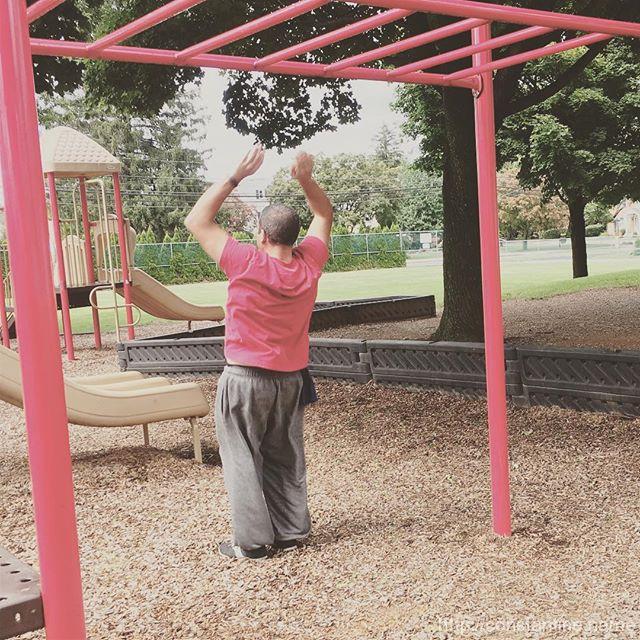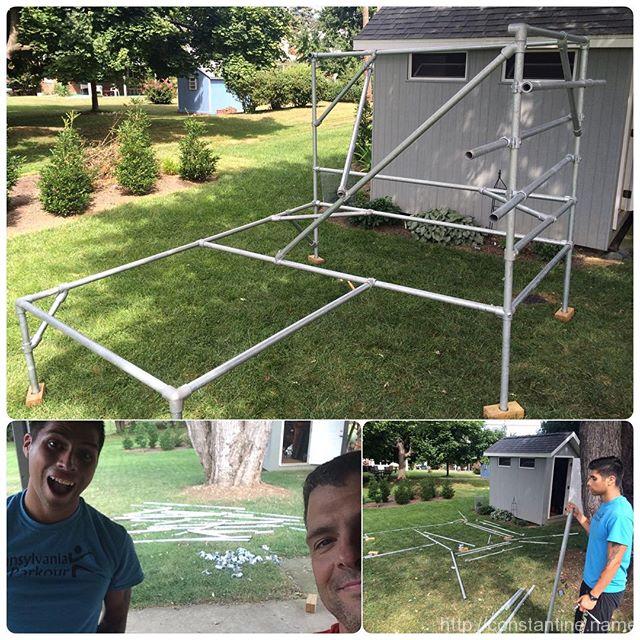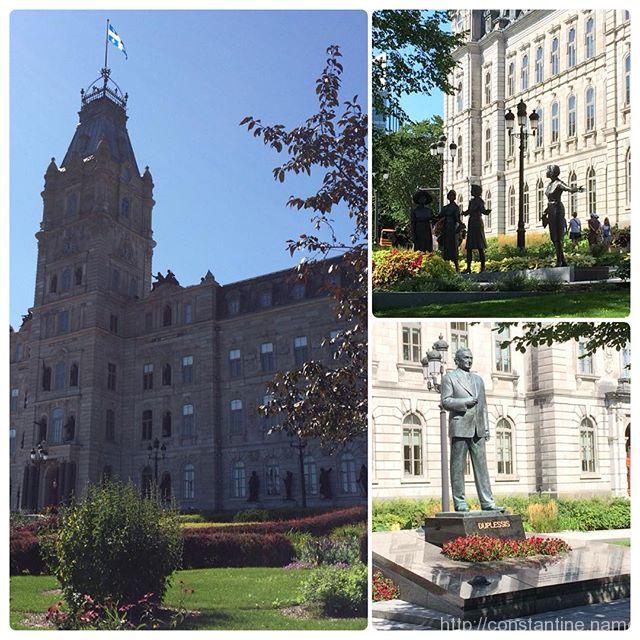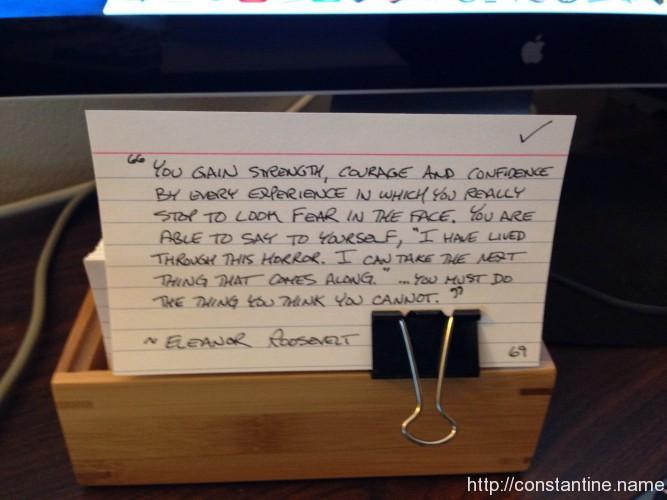No image taken. Lots of beach walked upon. I’m calling it a win.
On this day
September 3rdSeptember 03, 2023 — #48
Reading time: About 5 minutes, 1000 words
Get 7 for Sunday in your inbox. → Subscribe here.
This issue is https://7forsunday.com/48
Understanding and compassion
Compassion. The best description (it’s right at the top) and discussion (continues for ~6,000 words) I’ve found is David Gross’s Notes on Compassion.
Empathy, a cycle of skills improvement, developing new attitudes and showing up in service often accompanies the careers of people who get from here to there.
Ambition is insufficient.
~ Seth Godin from, Goals and expectations | Seth’s Blog
slip:4usego1.
There’s a reason the word “understanding” is before “compassion” in my mission. We each have limited resources, and we must be intentional (perhaps not entirely intentional, but certainly not entirely unintentional) with how we act based on compassion. I must first begin to understand myself. Then begin to understand the world, and that includes beginning to understand others.
ɕ
Incompleteness
True genius shudders at incompleteness—and usually prefers silence to saying something which is not everything it should be.
~ Edgar Allan Poe
slip:4a1259.
Falsity and simplicity
False science and false religion express their dogmas in highly elevated language to make simple people think that they are mysterious, important, and attractive. But this mysterious language is not a sign of wisdom. The wiser a person is, the simpler the language he uses to express his thoughts.
~ Lucy Malory
slip:4a997.
Movement
We all have a duty to look after our physical health. The body is your vehicle through which your mind and spirit travel in and act through, throughout your life. We’re lucky to have abundant information, resources, and teachers to help us for caring for our body, but without personal responsibility and action, progress is left to chance. Ancient medicine taught us to be active participants of our own health, modern medicine encourages us to be passive recipients of health. We can make the best of both by placing more attention and energy on observing our body, environment, and taking daily action to create energetic surplus through moderating stress, practicing movement, good nutrition and quality rest.
~ Soisci Porchetta from, «https://www.humanpatterns.net/blog/2018/6/22/what-is-movement-practice»
I suspect that a lot of people reading my musings are already steeped in the wisdom of movement generally. It’s simply nice to find things like this on the big ‘ol Internet; A large article written by someone who’s clearly thought a lot, moved a lot, and thought a lot about moving. There’s a wonderful quote that feels parallel to this article’s sentiments:
No citizen has a right to be an amateur in the matter of physical training … what a disgrace it is for a man to grow old without ever seeing the beauty and strength of which is body is capable.
~ Socrates
slip:4a342.
ɕ
Involve me
Tell me and I’ll forget;
Show me and I may remember;
Involve me and I’ll understand.~ Chinese proverb
slip:4a363.
The end is nigh
There is only the thinnest veneer separating our society from chaos. Some cell towers have enough fuel for 8 hours of service if the power goes out. Many do not. And that crazy driver? …one pothole separates us all from a cascade crash. It rained 6 inches. The next day I passed 100 broken down, abandoned, cars along the highways. At one point I slowed to a crawl, on an interstate, and slowly drove around three cars, abandoned in the highway… no cops, no people, no tow trucks, just cars lying randomly in what must have been flooded. I passed miles and miles of traffic jams… the kind where people stuck in traffic run out of gas and the jams get complicated to clear. New York City simply closed… all non-emergency travel forbidden. The next day, no trains were running into the city.
Meanwhile, the drivers were their usual rude and rushing selves.
All the world is but a stage…
ɕ
The science of hitting
The book contained a very interesting picture, of himself at-bat with the strike zone broke into 77 individual squares.
~ Shane Parrish from, The Hidden Edge: What Baseball’s Greatest Hitter Can Teach Us About Decision-Making
slip:4ufoma2.
I’m not a huge baseball fan, but I know enough to be impressed by what Ted Williams managed to do. I’ve had enough balls pitched at me, that the idea of even being able to know in a split second exactly where the baseball is going to be— …just click through and look at the graphic already. :)
What intrigued me about his idea of knowing—in real time, to the inch—what to literally swing at is the power of saying no writ explicitly and at high speed. I’m often thinking or talking about focus; talking about saying no to the right things to make space for the important yeses. But I’d never thought about intentionally practicing making the decision more quickly.
ɕ
Expressing gratitude
What if you, whenever people did good stuff for you, you let them know they had a positive effect on you? You might have to come up with a unique way of saying it if you want to make explicit that you aren’t saying “I owe you”. We’ll leave that as an exercise to the reader.
~ J. Hazard from, Magic is Dead, Give me Attention — LessWrong
slip:4ulepo14.
Somewhen around 2005 was the trough of my expression of gratitude. Having now spent increasing time with this radical new notion of “expressing gratitude” I can say for sure… that I really need to keep working on it.
I’ve been stingy with positive reinforcement for a loong time. As I’ve begun to explicitly practice the habit of expressing gratitude, externally to other people, the results have been obvious and beneficial. My current intention is work on lowering my resistence to expressing gratitude. The most recent way I’ve been reinforcing the habit is to hold in mind a common mantra which I’ve repurposed: If you see something, say something.
I’ve found three ways that I’ve been practicing expressing more gratitude. There are others, obviously, but these are the three I’m currently practicing.
The first way plays out in direct conversation. While discussing one topic, my mind produces a tangential thought about something positive this person did on some unrelated topic. Spurred on by, “if I see something, say something,” the practice is then to mention that positive, tangential thing at the next opportunity in the conversation. Loong ago, I’d have let those tangential thoughts go by, not wanting to interrupt our discussion.
In short: Simply express gratitude now.
The second way is more subtle. Since those random thoughts of gratitude-moments-past are coming up today, I didn’t notice them in the past, or I suppressed expressing them in the moment. This reminds me to be more vigilant looking for the opportunities to express gratitude.
In short: Get better at noticing opportunities to express gratitude in the current moment.
The third way is to make a conscious effort to go looking for missed opportunites to express gratitude. If I have a meeting planned with someone, when I’m preparing I can make the small effort to think of a few opportunities I’ve missed.
In short: Practice actively looking for opportunities to express gratitude.
tl;dr: Duh, Craig. Simply express gratitude.
ɕ

Day 33/100 – dafuqisthis
Here, take a shot of me, like, mid-laché… well, that went well.
ɕ

Men “working”
Back home, stripped scaf down and building in the lawn. Rails balance, a waterfall and some random angles. Lazy parkour Saturday!
ɕ
Judge Not By Success
Do not judge me by my successes, judge me by how many times I fell down and got back up again.
slip:4a32.

L’Assemblée-Nationale
Strolling around L’Assemblée-Nationale on a spectacularly gorgeous day.
ɕ

Plains of Abraham
Statue at one of the entrances to the Plains of Abraham park.
ɕ
Just get better
It never gets easier.
You just get better.~ unknown
slip:4a134.

Bookend
I left this quote on my desk when I left for Colorado. …and what a challenge it was!
ɕ
Our energy predicament in charts
There is considerable evidence that we are already reaching the situation where governments are encountering financial distress of the type shown in Figure 18. With wages being depressing in recent years (Figure 16), it is difficult to collect as much taxes as required. At the same time, expenses are elevated to handle the many issues that arise (such as payments to the unemployed, subsidies for alternative energy, and the higher costs of road repairs due to higher asphalt costs). The big gap between revenue and expense makes it hard to fix our current financial predicament, and increases the likelihood of political problems.
slip:4uteno4.
ɕ